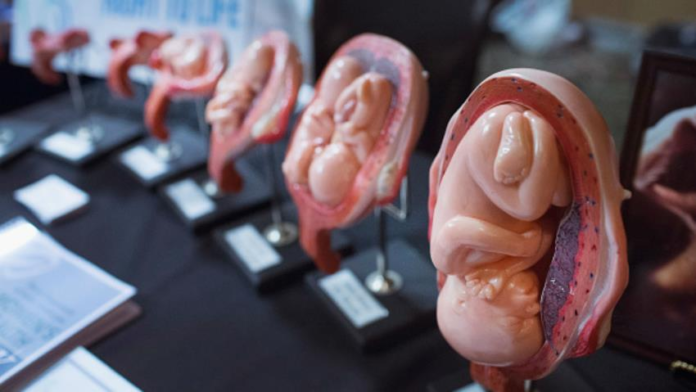Abortion in Ghana is a multifaceted issue intertwined with legal, cultural, and health factors. While the country’s legal framework permits abortion under specific conditions, many women still face significant challenges in accessing safe and legal abortion services. This article delves into the legal, medical, and cultural aspects of abortion in Ghana as of 2025, shedding light on the current state of reproductive health and rights.
Legal Status of Abortion in Ghana
Abortion in Ghana is governed by the Criminal Offenses Act, 1960 (Act 29) and its subsequent amendments. Under the law, abortion is permitted if:
- The pregnancy results from rape, incest, or the defilement of a female with mental disabilities.
- The continuation of the pregnancy poses a risk to the woman’s physical or mental health.
- There is a substantial risk of fetal abnormality or disease.
Despite this relatively liberal law, misconceptions and lack of public awareness persist. A 2025 survey by the Ghana Health Service (GHS) revealed that nearly 40% of women remain unaware of the conditions under which abortion is legal. For detailed legal information, visit the Center for Reproductive Rights.
Barriers to Safe Abortion
Although Ghana has protocols for comprehensive abortion care introduced in 2006, unsafe abortions remain widespread. A 2025 report by the World Health Organization (WHO) estimates that unsafe abortions account for 10% of maternal deaths in Ghana.
Key barriers include:
- Cultural stigma: Many women fear societal judgment, leading them to seek clandestine procedures.
- Lack of resources: Poorer and rural women often lack access to trained providers or approved facilities.
- Misinformation: False beliefs about abortion legality deter women from seeking safe care.
For guidelines on safe abortion practices, visit the WHO’s Safe Abortion Resources.
Statistics on Abortion and Contraceptive Use
- Unsafe Abortions: Nearly 45% of all abortions in Ghana remain unsafe, according to a 2025 African Population and Health Research Center (APHRC) study.
- Contraceptive Use: Ghana’s contraceptive prevalence rate (CPR) stands at 30%, an improvement from previous years but still below the regional average.
- Unintended Pregnancies: An estimated 38% of pregnancies in Ghana are unintended, with 20% resulting in unsafe abortion.
For more insights, explore APHRC’s research on reproductive health.
Where to Seek Safe Abortion Services
Accessing safe and legal abortion services is crucial to protecting women’s health and rights. Organizations like Marie Stopes International Ghana and the Planned Parenthood Association of Ghana (PPAG) provide:
- Legal abortion services
- Family planning and counseling
- Post-abortion care
To find the nearest facility, visit Marie Stopes Ghana.
Cultural Perceptions and Advocacy
Cultural norms and religious beliefs heavily influence attitudes toward abortion in Ghana. Many women face stigma and discrimination, even when seeking legal abortions.
Advocacy groups such as Amnesty International Ghana and the United Nations Population Fund (UNFPA) work to:
- Promote awareness of reproductive health rights
- Reduce stigma surrounding abortion
- Advocate for equitable access to healthcare services
To learn more about their work, visit Amnesty International Ghana.
Recommendations for Improving Access
To address the challenges associated with abortion in Ghana, the following measures are recommended:
- Increase Public Awareness: Conduct nationwide campaigns to educate women about the legal status of abortion and available services.
- Enhance Contraceptive Access: Expand family planning programs to reduce unintended pregnancies.
- Strengthen Healthcare Facilities: Ensure that rural areas have trained providers and accessible services.
- Reduce Stigma: Engage communities and religious leaders in conversations about reproductive health.
Conclusion
Abortion in Ghana remains a complex issue influenced by legal frameworks, cultural attitudes, and accessibility challenges. While progress has been made in improving reproductive health services, more work is needed to ensure that every woman can make informed and safe choices about her body.
By addressing barriers and promoting education, Ghana can move closer to achieving equitable access to reproductive health services. For more information on reproductive rights and safe abortion practices, explore resources from the Guttmacher Institute and the World Health Organization.
Read This Also
Is Abortion Legal in Ghana
Where to Get Safe Abortion
How Much Does Abortion Cost
Side Effects of Abortion
Disclaimer
Sengideons.com does not host any files on its servers. All point to content hosted on third-party websites. Sengideons.com does not accept responsibility for content hosted on third-party websites and does not have any involvement in the same.














